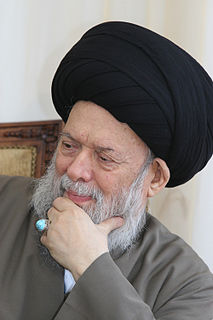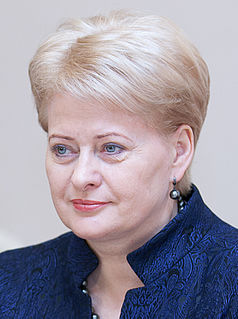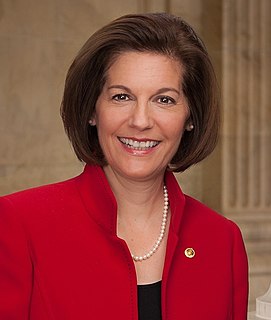A Quote by Jessica Valenti
Even the notion that women should have children at all is based on the idea that a woman's inherent and most important role is that of mother. Shockingly, men's 'innate' roles are a lot more fun than the ones bestowed on women.
Related Quotes
claims about what's 'natural' have long been used to reinforce traditional gender roles and values. ... Even the notion that women should have children at all is based on the idea that a woman's inherent and most important role is that of mother. Shockingly, men's 'innate' roles are a lot more fun than the ones bestowed on women.
We are still in various kinds of patriarchal systems. The very definition of patriarchy is that men control women as the means of reproduction, so the idea that a woman's main role is to have children often means society wants more workers, more soldiers. The idea that how many children we have should be controlled by the family, the church, the nation - by anyone but women themselves - is still very deep and very strong.
If you just look at the number of roles for women versus the number of roles for men in any given film, there are always far more roles for men. That's always been true. When I went to college, I went to Julliard. At that time - and I don't know if this is still true - they always selected fewer women than men for the program, because there were so few roles for women in plays. That was sort of acknowledgment for me of the fact that writers write more roles for men than they do for women.
I read a lot of studies about the fact that there is a bias in the way health care is doled out, down to the fact that most medical studies are done on men, not women, so most dosages are planned for men, not women, and on and on. And more than that, women's pain is gauged differently and their complaints are received differently. And the idea that there's a place where you can go where everything is geared toward you, as a woman, is great. But it's a shame that we need to find places that are "safe" when the world, the whole world, should be a safe place.
Throughout my career I've played a lot of parts that might've been played by a man. They're human roles rather than specifically men or women. I've never been as hooked into that as a lot of women are, you know, like, 'There aren't enough roles for women.' There aren't necessarily a lot of good roles for anybody.
Women are only half responsible for children. Men raise children as much as women do. Until men are as nurturing as women are, and until women are as active outside the home as men are, we won't have democratic families, and therefore we won't have democracy, and we will continue this hierarchical notion of life.
I suppose the most important thing, the heaviest single factor in one's life, is whether one's born male or female. In most societies it determines one's expectations, activities, outlook, ethics, manners - almost everything. Vocabulary. Semiotic usages. Clothing. Even food. Women... women tend to eat less... It's extremely hard to separate the innate differences from the learned ones. Even where women participate equally with men in the society, they still after all do all the childbearing, and so most of the child-rearing.
If women take their bodies seriously and ideally we should then its full expression, in terms of pleasure, maternity, and physical strength, seems to fare better when women control the means of production and reproduction. From this point of view, it is simply not in women's interest to support patriarchy or even a fabled "equality" with men. That women do so is more a sign of powerlessness than of any biologically based "superior" wisdom.
The idea of equality is misunderstood. I wouldn't ever argue that everyone is the same, but that differences should not be hierarchical. Attitudes and expectations have been imposed on both men and women. For instance, men had very little to do with the raising of their children before the women's movement. The women's movement has freed men to become more active as fathers. We're living in a period of transition, but change can be much slower than we want, with unintended consequences, and can also be happening without our seeing it.
The most unacknowledged spending expectation among women is the amount of time spent by single mothers caring for children, not only physically, but psychologically. It is my feeling that only a small percentage of a mother's time is normally compensated for by child support, given what a woman could make adding these hours to workforce hours. It is why women who have never been married and never had children earn so much more in the workplace than women who have had children.
Most women without children spend much more time than men on housework; with children, they devote more time to both housework andchild care. Just as there is a wage gap between men and women in the workplace, there is a "leisure gap" between them at home. Most women work one shift at the office or factory and a "second shift" at home.




































